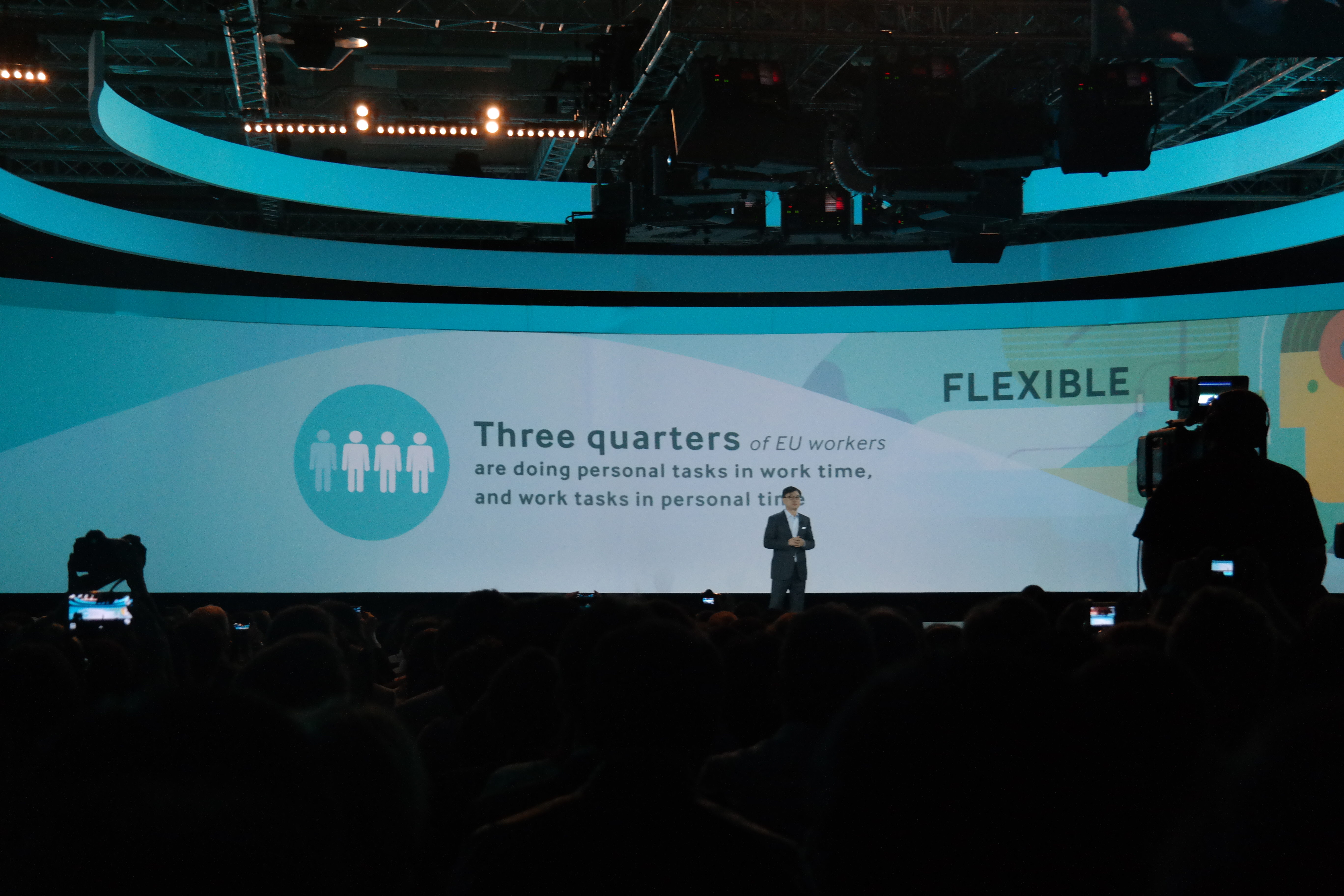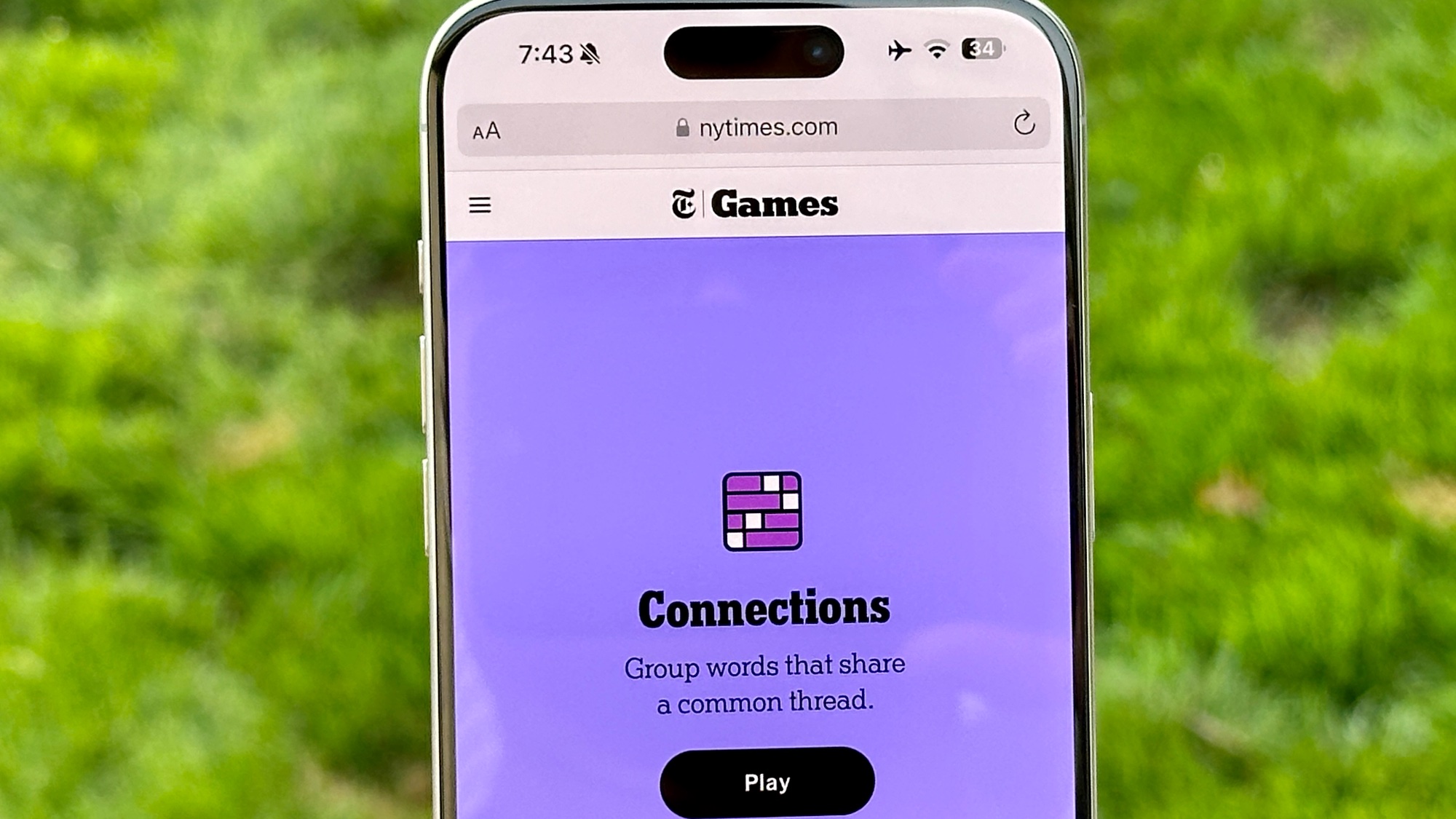Samsung IFA 2014 Keynote Extols Smart Home
Samsung's CEO discussed how smart home tech could shape not only individual homes, but the global forces that drive tech innovation.

BERLIN – Smart home technology is just coming into its own, but Samsung already believes that the trend has the power to be more than just a new way of selling appliances. In the keynote speech for the IFA 2014 conference, Samsung CEO BK Yoon discussed how smart home technology could shape not only middle-class and wealthy homes, but the global forces that drive tech innovation.
Yoon began the presentation with a quote from Albert Einstein's keynote at IFA in 1930. Einstein said that household electricity would radically reshape the way we live, and his prediction turned out to be completely correct. However, Yoon pointed out that consumers still don't care much about technical details, but rather how technology can serve them.
MORE: IFA 2014 Day 1 Highlights: Top 9 Stories
Today, there are 6.8 billion mobile subscriptions and 2.7 billion Internet users in the world, Yoon said. By 2023, more than 1 billion people will be 60 years of age or older; by 2030, 60 percent of the world's population will live in cities. Extreme weather has increased by 200 percent worldwide since 1990. Simply connecting appliances and smartphones is not enough, he argued; entire homes must be able to "sense, learn, and respond."
In order to illustrate how smart home tech might serve the hoi polloi, Yoon invited Kent Larson of the MIT Media Lab onstage. Larson is a key player in the cityHOME project, which creates complete living spaces in only 300 square feet. These units serve as living rooms, bedrooms, kitchens, bathrooms and offices by the use of mobile walls, moveable tables and hidden beds that can collapse into drawers or ceilings. Controlling the living space takes place through a variety of inputs, including physical activity recognition, gesture controls, voice commands and interfacing with smartphones and other screens.
Young, urban people tend to drive innovation, Larson explained, but often cannot afford to live in big cities. Since urbanization is on the rise, providing affordable, tech-friendly housing will benefit not only young people without much money, but the larger society that benefits from their ideas.
Alex Hawkinson, CEO of SmartThings, also joined Yoon onstage. Samsung and SmartThings have formed a partnership to bring together a number of disparate smart home tech into a unified open platform. SmartThings represents technology from smart locks to smart lightbulbs to smart refrigerators, and helped Samsung envision a completely integrated smart house, currently on display at IFA 2014.
Sign up to get the BEST of Tom's Guide direct to your inbox.
Get instant access to breaking news, the hottest reviews, great deals and helpful tips.
Finally, Yoon argued that there are monetary reasons to get behind smart home. By 2018, he said, there will be 45 million smart home systems worldwide, and the smart home market will be worth more than $100 billion.
Controlling a house via a smartphone is one thing, but using smart home technology to shape entire societies is a much more ambitious idea. The initiative is sure to invite discussion, if not outright controversy. IFA 2014 is a place to showcase smart dishwashers and washing machines; IFA 2024 might display entire lifestyles instead.
- 2014 Incandescent Bulb Ban: Here Are Your Alternatives
- Best Home Security Camera Systems 2014
- 15 Amazing Smart Home Gadgets
Marshall Honorof is a Staff Writer for Tom's Guide. Contact him at mhonorof@tomsguide.com. Follow him @marshallhonorof and on Google+. Follow us @tomsguide, on Facebook and on Google+.
Marshall Honorof is a senior editor for Tom's Guide, overseeing the site's coverage of gaming hardware and software. He comes from a science writing background, having studied paleomammalogy, biological anthropology, and the history of science and technology. After hours, you can find him practicing taekwondo or doing deep dives on classic sci-fi.

